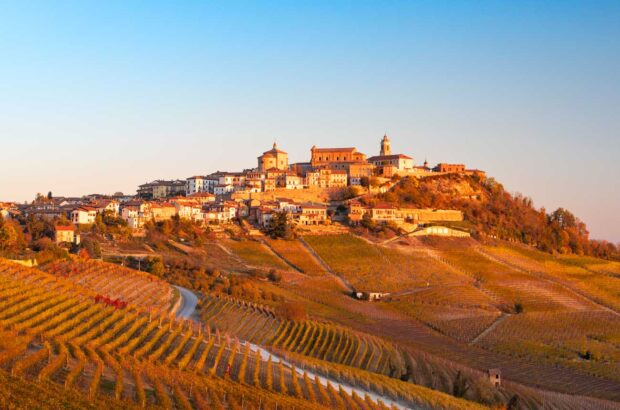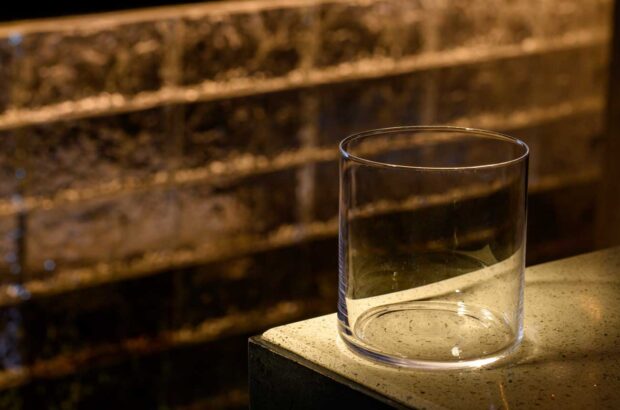In a move that has electrified the wine industry, the Robert Mondavi Corporation is selling off its premium brands, its vineyards and one of the world's most famous wineries - its Oakville headquarters.
The corporation is divesting itself of all its luxury wines which include a 50% share in Opus One and its dedicated Napa Valley winery co-owned with the Rothschild family.
It was also announced yesterday that Michael Mondavi, 60, has resigned as officer and vice-chairman of the company, ‘to pursue private interests’, a press release said. He will remain as director on the board.
Robert Mondavi, 91, has not been involved in the day-to-day running of the company since 1990, but he only stepped down from the board in 2003, and retained the title of Chairman Emeritus.
Michael’s brother Tim will remain vice-chairman and winegrower, but the company said it would be ‘inappropriate’ to speculate on his future plans.
Other brands to be sold include Vina Sena in Chile, Californian wineries Arrowood and Byron and 50 % interests in Italian Ornellaia and Luce della Vita.
Focus is being turned to the mass produced, lower priced brands such as Woodbridge, La Famiglia and the Robert Mondavi Private Selection, plus the Kirralaa brand from Australia.
The company has said that higher financial returns and a greater potential market are the reasons for the move.
Napa insiders are not particularly surprised by the developments. Winemaker Jayson Woodbridge, who produces the cult wine Hundred Acre, said the company was crippled by expensive long-term grape contracts and inefficient operations – like the hugely expensive bottling line that only ran once a day.
‘That can kill you,’ he told decanter.com, adding that the ‘Bordeaux’ style of its wines left Mondavi vulnerable to competitors like Kendall Jackson, Gallo and Beringer, which produce the kind of fruit-forward easy-drinking wines that the market loves.
‘The consumer doesn’t want angular wines,’ he said.
In the end, Woodbridge said, it was the company’s duty to the shareholders that forced the sale of the assets. ‘Robert Mondavi is more formidable in his 90s than most men are in their prime. He’s always done what’s best and now he’s doing what’s best for the shareholders.’
Mondavi’s president and chief executive, Gregory M Evans told employees high end wines would be better off in a private company, free from the rigors of financial markets.
Chairman Ted Hall said, ‘On behalf of the board of directors, we thank Michael for his unique contributions and personal leadership as the company has grown from very small beginnings in 1966 to a major force in the global industry today.’
When the sale is complete, the Robert Mondavi trademark will still be part-owned by the Mondavi Corporation. The Mondavi name and trademark will be licensed to the new owners of the divested brands.
Speculation is rife as to which assets will be snapped up by whom. While it is likely the Rothschilds will buy the 50% share of Opus One, industry watchers are wondering what will happen to the fabulous, Mexican-style Oakville winery, which the New York Times reckons to be worth some US$400m.
‘There are a number of natural buyers,’ said one watcher. ‘I wouldn’t be surprised to see Kendall-Jackson buy the Sonoma operation, or the winery.’
Another candidate may be Gallo of Sonoma, the world’s second-biggest winery. Beringer is not considered to be a player, having its own much-publicised problems.
None of the principals was available for comment.
Written by Rosie Tanner, and Adam Lechmere






